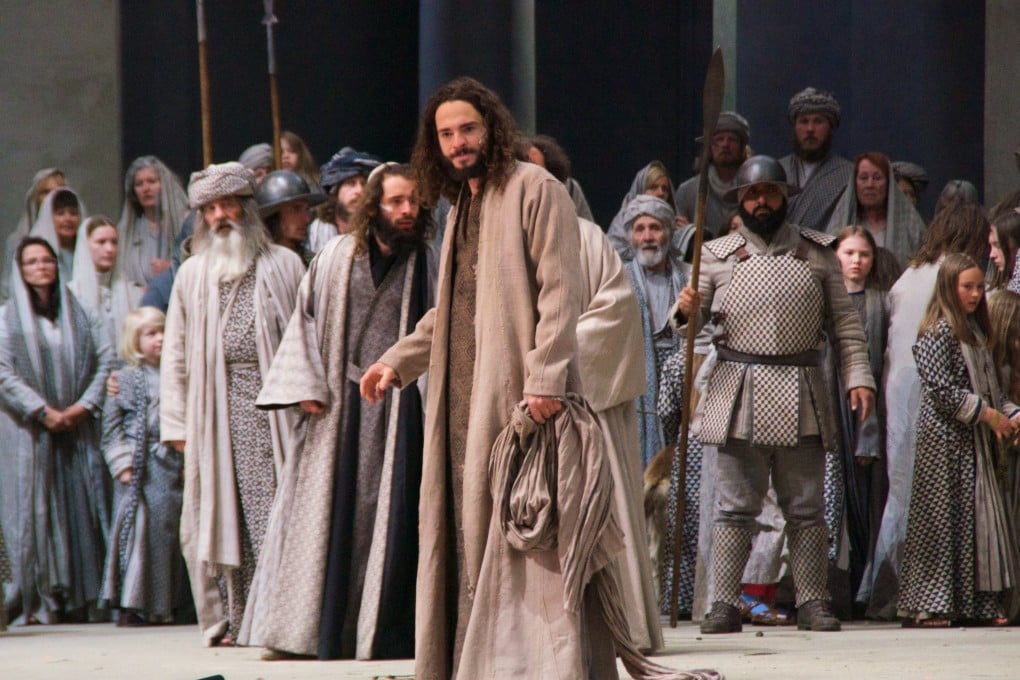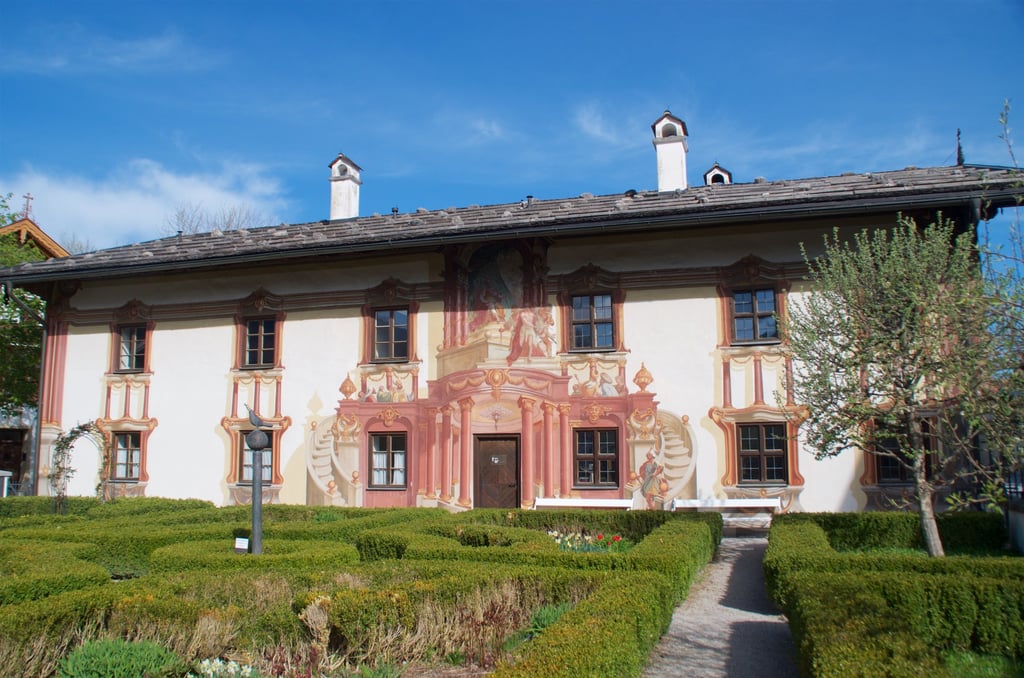Germany’s Covid-delayed 389-year-old Passion Play brings half a million visitors to a village, as a cast of 1,800 fulfils a promise made during plague
- Oberammergau in Germany has been putting on the play every 10 years since 1633, fulfilling a promise made during an outbreak of the plague
- It is one of the oldest package tourist attractions, after Thomas Cook promoted the play in 1880, and now adds Covid-19 to the list of diseases it has survived

This year, for the 42nd time in nearly four centuries, much of the population of the Bavarian village of Oberammergau will skip school or take time off work to perform a Passion Play – a staging of the story of the last days of Jesus Christ.
During over 100 performances from May to October the play will bring half a million visitors to a village of 5,000 people, in what has become both one of Europe’s greatest pilgrimages. No religion is required for visitors to appreciate the vast spectacle, with its live orchestra and cast of 1,800 on an open-air stage of CinemaScope width.
The once-a-decade production is as much a part of the fabric of the village as the centuries-old wooden mansions that line its streets.
In 1633, with 20 per cent of Oberammergau’s population already lost to the plague, the remaining villagers prayed with one voice. Spare us, they said, and every 10 years we’ll perform Jesus’ story. There were no further deaths and the village has honoured its side of the bargain ever since.

But what was supposedly effective against one malady proved no protection against another, and Covid cancelled the 2020 season shortly before opening, a huge setback for a community whose life, socially and economically, revolves around preparation and performance.
Nearly a third of the village is involved in some way or other, and if the owner of your cosy guest house is too busy dealing with the influx of Passion Play visitors, his wife is in the choir, and his daughter is taking tickets.